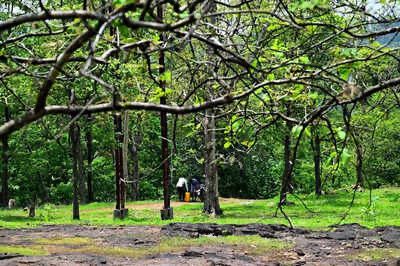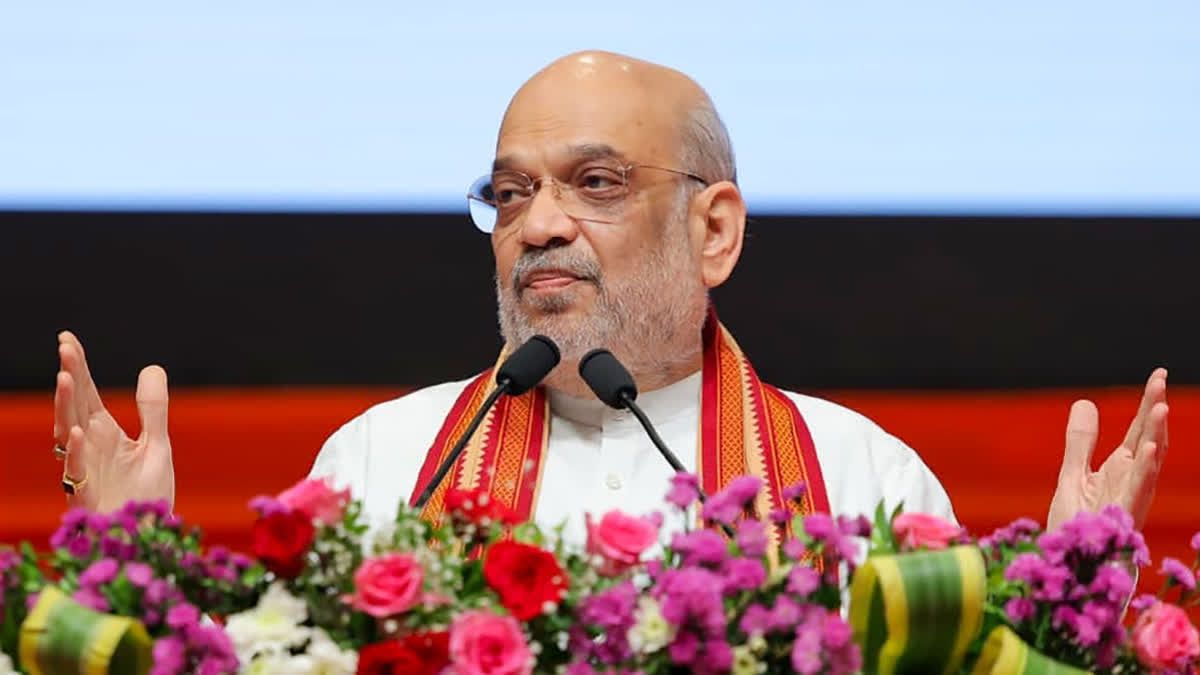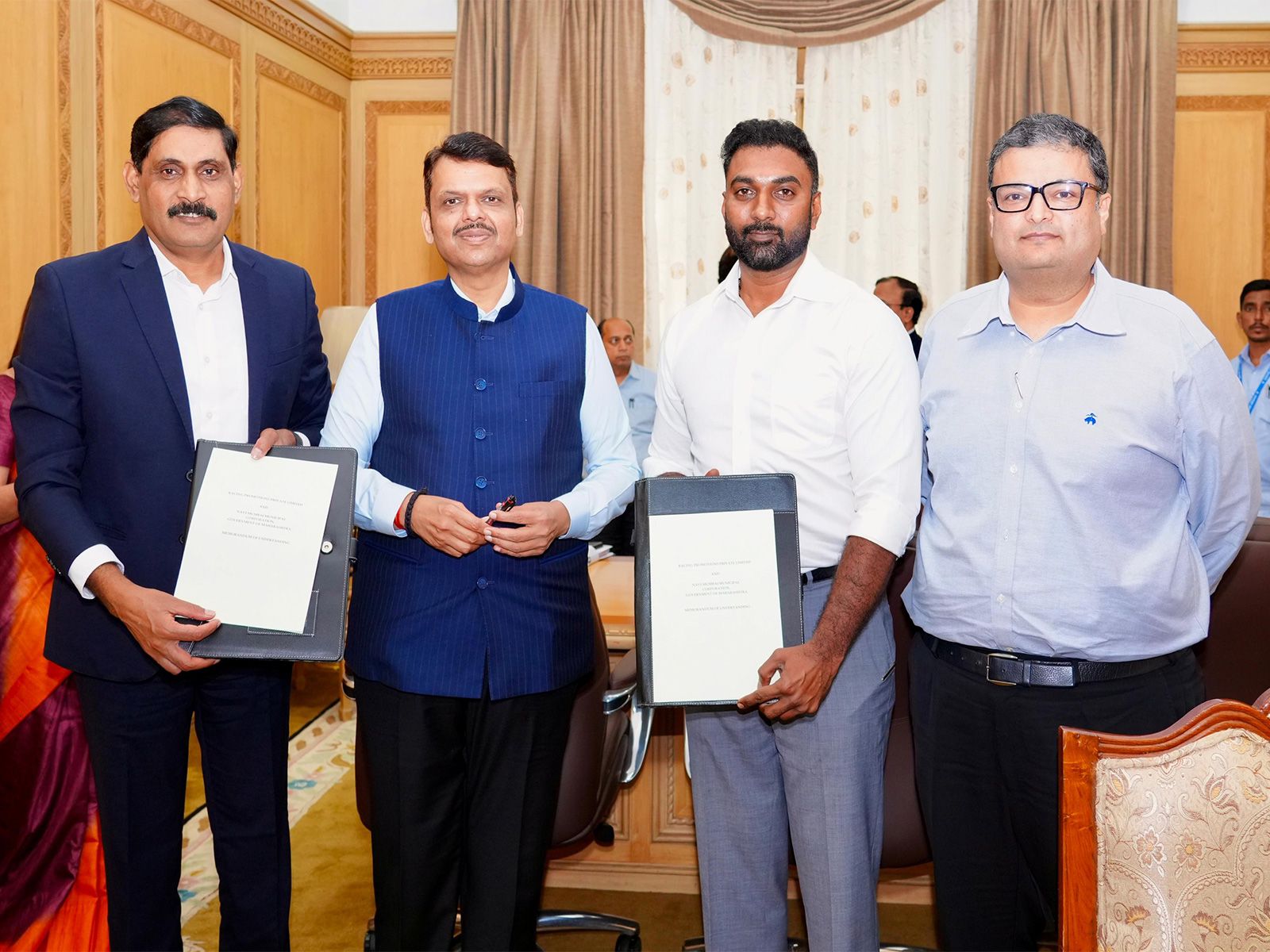 Image Source: Times Of India
Image Source: Times Of India
The Brihanmumbai Municipal Corporation (BMC) proudly announced the successful replantation of 438 trees at the Bhandup water treatment complex, marking a significant environmental milestone amid the ongoing expansion of the city’s crucial water infrastructure. This achievement not only reflects BMC’s commitment to sustainable urban development but also resonates with city residents’ aspirations for greener, livable urban spaces.
Key Highlights: Bhandup Tree Replantation Drive
The replantation effort was necessitated by the construction of a new 2,000 million litres per day (MLD) water treatment plant at Bhandup, which impacted approximately 1,235 existing trees across the complex.
Using a scientifically proven ‘root ball’ transplantation technique, BMC successfully shifted 438 mature trees within the complex with a remarkable 100% survival rate.
New leaves, twigs, and buds have started to appear on the replanted trees, signaling robust regrowth and health.
For the remaining 835 affected trees, BMC is undertaking compensatory afforestation by planting 11,443 new saplings near the periphery of the Tansa Lake area, with close to 10,000 already taking root, further strengthening the city’s green cover.
Scientific Root Ball Technique: The Secret to Success
The root ball method involves digging up trees along with a substantial proportion of surrounding soil and roots, minimizing transplant shock and preserving root integrity.
This process contrasts sharply with conventional transplanting methods, reducing damage, enhancing survival chances, and facilitating quicker acclimatization to the new site.
BMC has committed to diligent post-transplant care including regular watering, pruning, soil fertilization, and protective measures to promote healthy growth.
Bhandup Water Treatment Expansion: Responding to Mumbai’s Growing Demand
The Bhandup facility, Asia’s largest water purification complex, currently treats around 2,810 MLD across two units and supplies water to numerous Mumbai localities.
The addition of a new 2,000 MLD plant is part of BMC’s strategic plan to meet the rising water needs of Mumbai’s expanding population.
The expansion is vital to ensuring sustained water supply and enhancing treatment capacity while adhering to evolving environmental and ecological norms.
Balancing Urban Growth with Environmental Stewardship
Situated near the eco-sensitive zone of Sanjay Gandhi National Park, the Bhandup complex’s expansion required sensitive planning to minimize environmental impact.
Civic officials emphasized that the successful replantation and afforestation campaigns underscore the BMC’s dual mandate of infrastructure development and ecological conservation.
Regular monitoring and maintenance protocols are in place to ensure replanted trees flourish and contribute to urban biodiversity.
Long-term Vision and Complementary Green Initiatives
The compensatory plantation near Tansa Lake is envisioned to serve as a green lung, enhancing regional ecological balance, improving air quality, and supporting local wildlife.
The drive aligns with wider Maharashtra government objectives to promote sustainable development practices amid urbanization pressures.
BMC is also pursuing similar initiatives for other infrastructure projects, reaffirming the city’s commitment to green urban infrastructure.
Conclusion
The successful replantation of 438 trees at the Bhandup water treatment complex marks a pioneering step in harmonizing Mumbai’s infrastructural modernization with environmental sustainability. Employing advanced transplantation technology and undertaking massive compensatory planting, the BMC exemplifies how urban growth can coexist with nature conservation. As Mumbai moves forward in securing its water future, it does so with a greener, healthier cityscape in its stride.
Sources: Indian Express, Free Press Journal, Times of India, Hindustan Times
Advertisement
Advertisement





